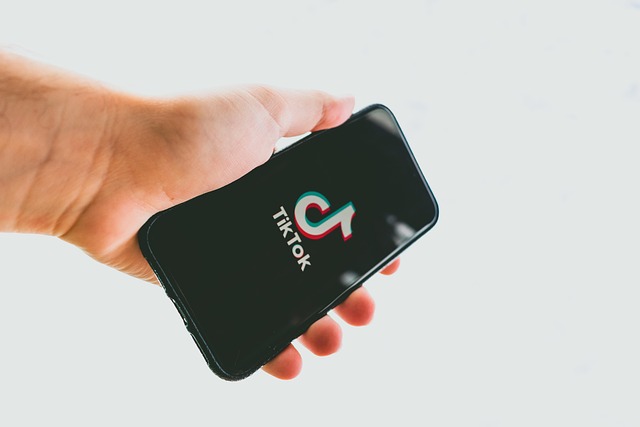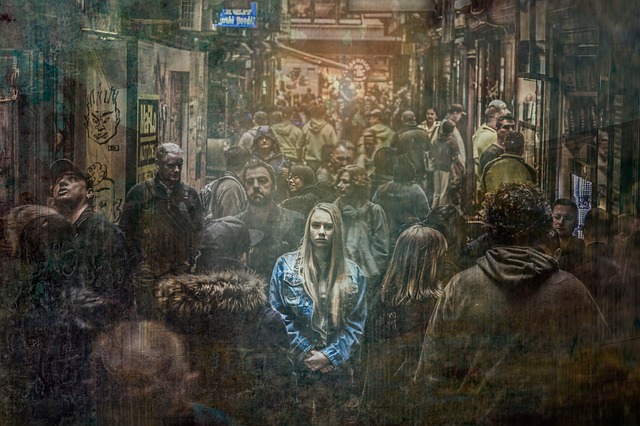In today’s hyper-connected world, where social media platforms are integral to our daily lives, the impact of these digital interactions on relationship quality cannot be overlooked. Social media has revolutionized the way we connect with one another, altering traditional dynamics and reshaping our understanding of relationships.
One significant way social media impacts relationship quality is through its ability to enhance communication. Couples can now stay in touch regardless of distance, sharing moments and experiences instantly. This connectivity fosters intimacy and allows partners to maintain a sense of closeness even when physically apart. However, the depth of these interactions can often come into question. While a flurry of likes and emojis can uplift spirits, they may lack the emotional weight of face-to-face conversations.
Moreover, social media can create unrealistic expectations and comparisons, which can negatively affect relationship quality. Platforms like Instagram and Facebook often present curated versions of life, where users showcase highlight reels filled with love, joy, and adventure. This can lead partners to compare their own relationship with these idealized depictions, sometimes resulting in feelings of inadequacy or dissatisfaction. When couples spend more time scrolling through their feeds instead of engaging with one another, they risk distancing themselves emotionally.
Additionally, the phenomenon of “oversharing” can complicate personal relationships. Many individuals use social media as a platform to air grievances or discuss private matters, often without considering how their partner might feel about their actions. This can erode trust and open the door to jealousy or resentment. Effective communication—both online and offline—becomes essential in maintaining relationship quality, as it allows couples to set boundaries and express their feelings openly.
Furthermore, social media can sometimes encourage a superficial approach to relationships, where quantity takes precedence over quality. The allure of gaining followers or likes may lead individuals to prioritize broad social circles over deep, meaningful connections. In this age where virtual friendships are just a click away, it’s easy to lose sight of genuine interactions that nurture relationship quality.
On the flip side, social media can also foster community and support networks that enhance relationship quality. Online groups and forums provide spaces for individuals to seek advice, share experiences, and build connections with others facing similar challenges. This collective support can strengthen relationships by providing partners with perspectives and coping strategies that they may not have explored together.
In navigating the complexities of love in a digital age, it’s crucial for couples to strike a balance between online and offline interactions. Setting aside dedicated time for each other, free from social media distractions, can help couples foster deeper connections and improve their relationship quality. Engaging in face-to-face conversations and shared activities offers opportunities to reconnect on a personal level, creating memories that outshine any social media post.
Ultimately, the impact of social media on relationship quality is multifaceted. It provides tools for connection and communication, but also poses challenges that can unsettle even the sturdiest partnerships. As we continue to weave social media into the fabric of our lives, understanding its influence on our relationships becomes increasingly essential, guiding us towards a more intentional approach to love and connectivity.




